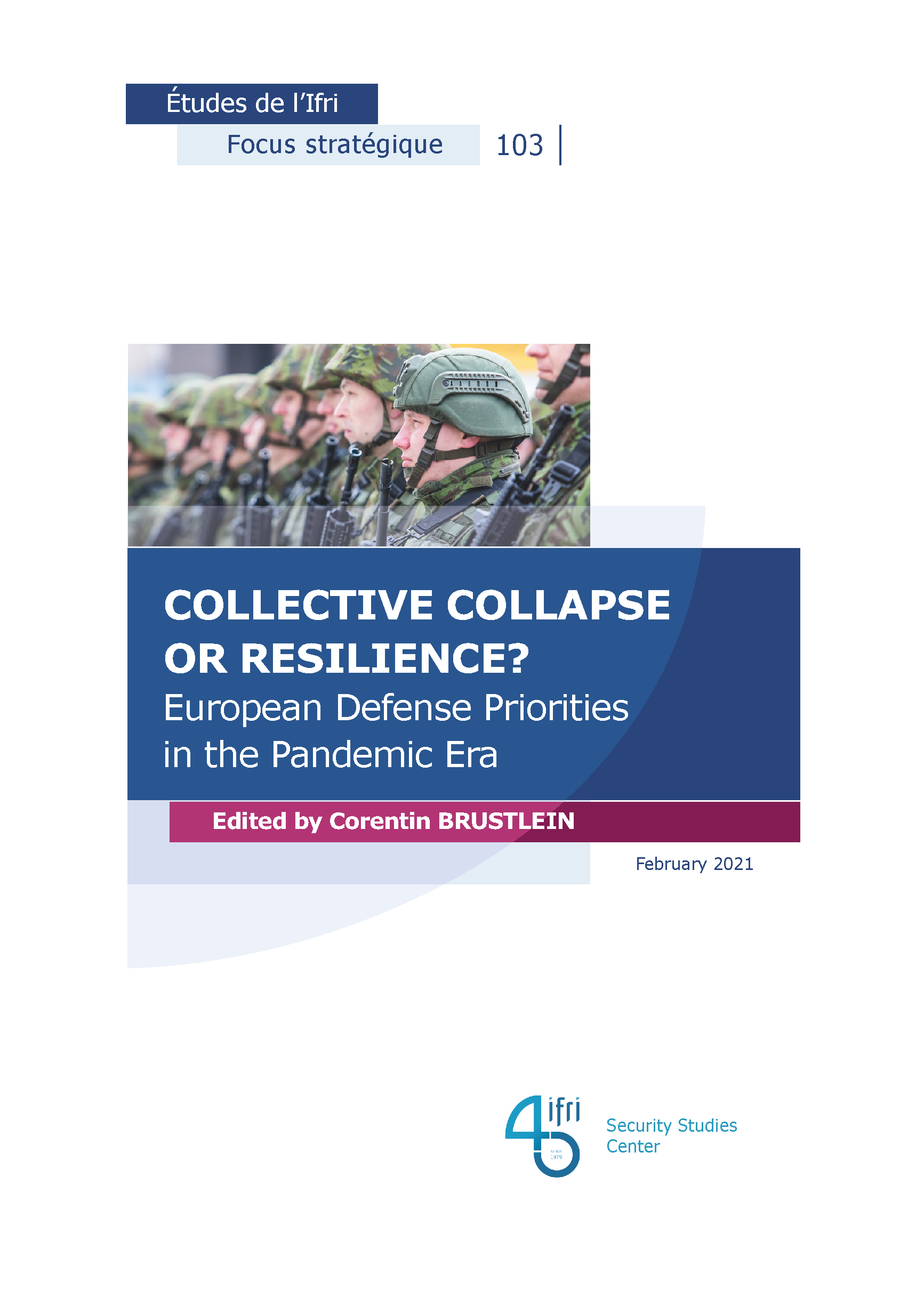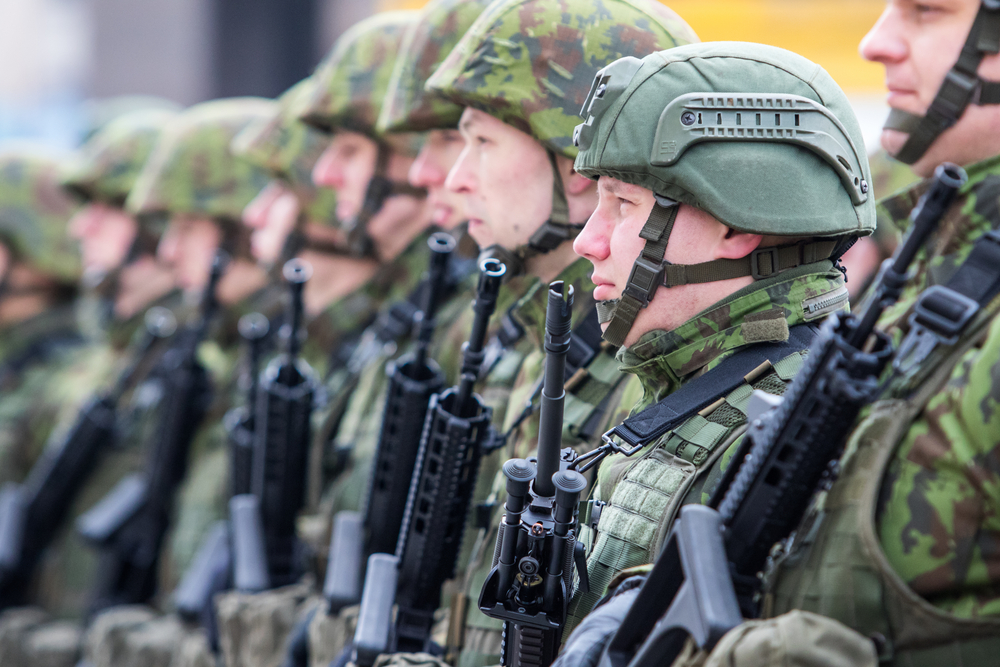Collective Collapse or Resilience? European Defense Priorities in the Pandemic Era

To what extent has the COVID-19 pandemic affected defense priorities across Europe?

When the pandemic reached its cities, Europe was already under severe internal and external stress. By throwing the continent and the world into an unprecedented economic crisis while security challenges abound, the pandemic has exposed Europe to a risk of irreversible loss of capacity for collective action, hampering its influence and control over its regional areas of interest.
One year after, this report provides a comparative assessment of the impact of the pandemic on the foreign and defense policies and spending levels of ten different European countries. It not only aims at assessing the immediate impact of the pandemic on the defense posture of each country but more importantly at mapping in which areas the pandemic did or might prove disruptive for European defense priorities, whether directly or indirectly. Although uncertainty remains about the long-term effects of the current crisis, the different case studies highlight that, contrary to the most pessimistic scenarios, the pandemic has so far had a relatively modest impact on defense and security policies.
Monitored European countries have so far shown resilience in their individual and collective responses to the crisis. If anything, changes brought by the pandemic are less striking than the continuity observed in most cases when it comes to foreign and defense policies, from stated levels of ambition to defense spending plans. It is, however, unclear how enduring this resilience can prove in the longer-term in the face of disruptive developments such as new variants of the virus, sweeping domestic political developments in Europe, radical changes in the US commitment to European security, or an intensified strategic competition in Europe’s neighborhood and beyond it.
Download the full analysis
This page contains only a summary of our work. If you would like to have access to all the information from our research on the subject, you can download the full version in PDF format.
Collective Collapse or Resilience? European Defense Priorities in the Pandemic Era
Related centers and programs
Discover our other research centers and programsFind out more
Discover all our analysesBundeswehr: From Zeitenwende (historic turning point) to Epochenbruch (epochal shift)
The Zeitenwende (historic turning point) announced by Olaf Scholz on February 27, 2022, is shifting into high gear. Financially supported by the March 2025 reform of Germany’s “debt break” and backed by a broad political and societal consensus to strengthen and modernize the Bundeswehr, Germany's military capabilities are set to rapidly increase over the coming years. Expected to assume a central role in the defense of the European continent in the context of changing transatlantic relations, Berlin’s military-political position on the continent is being radically transformed.
Main Battle Tank: Obsolescence or Renaissance?
Since February 2022, Russian and Ukrainian forces combined have lost more than 5,000 battle tanks, a much higher volume than all the European armor combined. Spearhead of the Soviet doctrine from which the two belligerents came, tanks were deployed in large numbers from the first day and proved to be a prime target for UAVs that became more numerous and efficient over the months. The large number of UAV strike videos against tanks has also led a certain number of observers to conclude, once again, that armor is obsolete on a modern battlefield. This approach must, however, be nuanced by a deeper study of the losses and their origin, UAVs rarely being the sole origin of the loss itself, often caused by a combination of factors such as mines, artillery or other anti-tank weapons.
Mapping the MilTech War: Eight Lessons from Ukraine’s Battlefield
This report maps out the evolution of key technologies that have emerged or developed in the last 4 years of the war in Ukraine. Its goal is to derive the lessons the North Atlantic Treaty Organization (NATO) could learn to strengthen its defensive capabilities and prepare for modern war, which is large-scale and conventional in nature.
"Iron Swords" A Military Analysis of Israel's War in Gaza
On October 7, 2023, Hamas' attack, dubbed “Al-Aqsa Flood,” caused a major shock and led Israel to launch the longest war in its history. Operation “Iron Swords” was notable for its unprecedented intensity, both in terms of the massive ground forces deployed and the firepower used.















